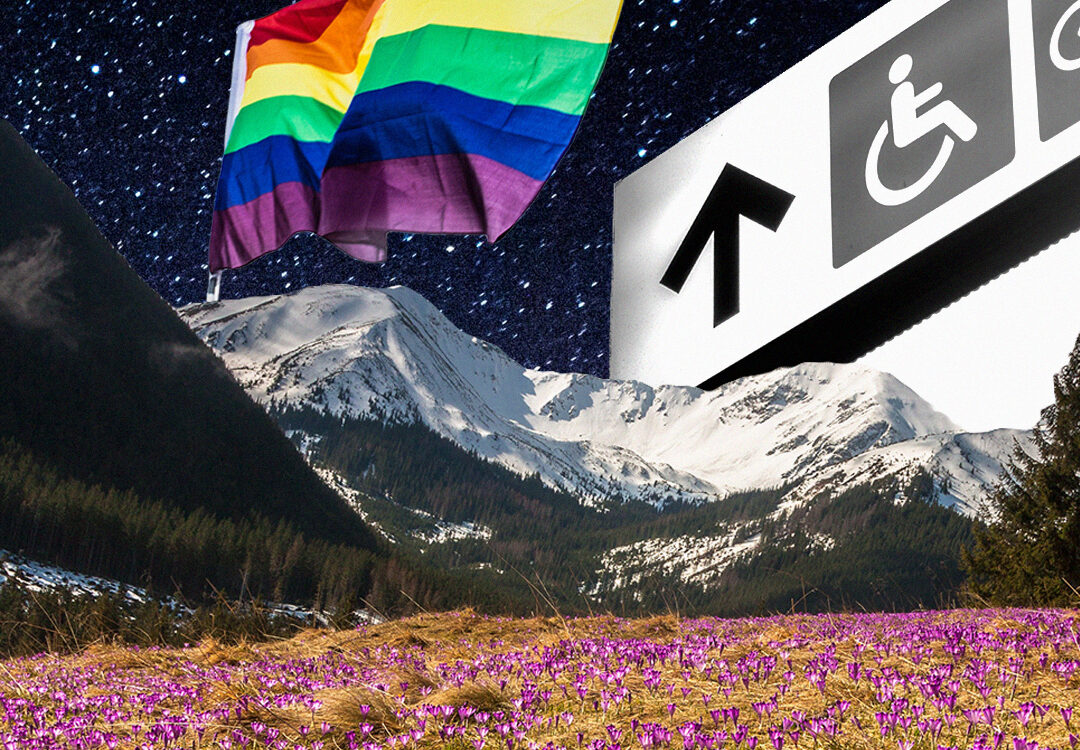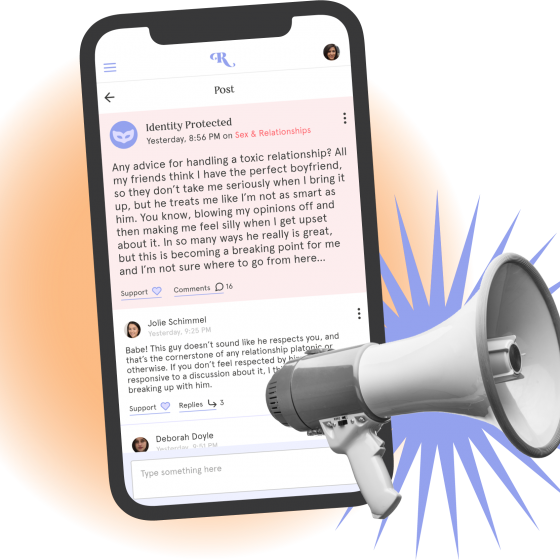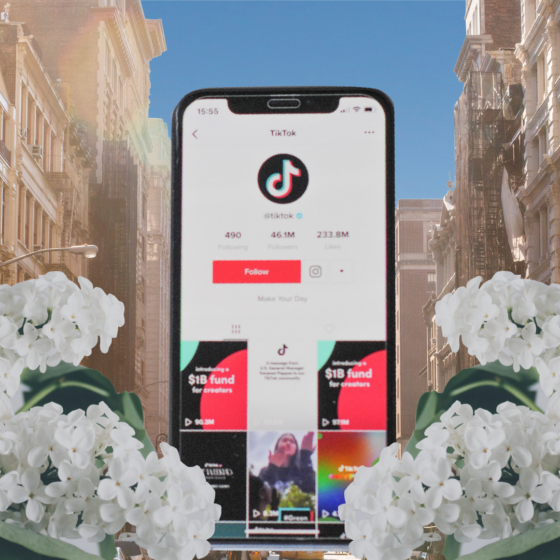Pride month memorialises and elevates the continual fight for queer equal rights, but this celebration has often lacked in one key area of equality – accessibility. In contrast to the average Pride, lockdown celebrations are a revolutionary experience because my physical disabilities are not an obstacle to overcome for attendance.
I have listened to a dozen talks, interacted with activists and basked in the glory of our community from the comfort of my own home. While this newfound accessibility is thrilling, I am painfully aware that it is unlikely to last once lockdown is over. Attending Pride every year is a summer highlight, but in every city, it is a struggle to attend.
Over the last decade, my physical mobility has deteriorated and I now regularly use a cane. I also require easy toilet access because my bowels like to surprise me at inopportune moments. And as a stray elbow or careless push can cause intense agony, I have to be wary of crowds too.
This acquisition of disability is caused by a multitude of chronic illnesses, including scleroderma, fibromyalgia, hypermobility, irritable bowel syndrome and ulcerative colitis. Attending Pride is always touch and go because my life choices are dependent on the levels of chronic pain and fatigue I’m experiencing. However, the duration of my pride is always limited by a lack of seating, toilets and consideration.
I must shun the main parade to avoid painful jostling and I weave in and out of side streets to find places to recuperate in between bouts of activity.
More often than not, I leave early because rest has to take priority, or my bowels rebel and there’s only one accessible toilet available for miles.
For wheelchair users, the route is often full of obstructions and trip hazards. The current set up of events can make it difficult for blind and deaf people to attend, and people on the autistic spectrum are likely to be forgotten when creating events, so quiet spaces specifically for autistic attendees are a rarity.
Pride should be loud and proud but that does not mean it cannot also be fully accessible.
Although quarantine is difficult, Pride in lockdown is the only one I’ve ever attended where I did not have to worry about finding an accessible toilet, a place to rest, or waste energy on worrying about pain being triggered by inconsiderate attendees.
I’ve freely jumped between events and consumed beautiful content made by activists around the world. I have finally felt like a part of my community. Nevertheless, I am also aware that this accessibility is probably temporary.
I will never be able to forget being prevented from fully enjoying previous parades because of one accessible Pride.
Even in lockdown, the majority of the talks I attended lacked disabled representation and talks focusing on the queer disabled experience were rare. Furthermore, none of the talks I attended had subtitles, interpreters or audio description options for hearing impaired and blind queer people.
We’re queer and we’re here too, so where is our space in the line-up? Where are the accessible spaces and why is accessibility not at the forefront of everything we create in the queer community?
I almost wish there was a more complex answer behind this lack of representation, but it is really quite simple: inaccessibility is fed by ableism and exacerbated by a lack of disabled queer voices within the spaces that create events. Our voices are drowned out because accessibility for people of all backgrounds and abilities is not a priority when planning for Pride.
I’m tired of being on the outskirts, I want to be in the middle, thriving with my peers, not hiding in a corner hoping to find a bench to rest on or a quiet spot to take a breather.
We have to acknowledge our failures or disabled members of the queer community will continue to be left on the outskirts again and again and again.
There must be a concerted effort to meet the needs of the few so that each event is worthwhile for the many. Pride accessibility will improve if more disabled voices are centred and event organisers consider the needs of the entire community, not just the able-bodied and neurotypical.
Each event must have an accessible toilet, an obstacle-free route, interpreters, quiet spaces, rest spots specifically allocated for disabled people and widely disseminated information reminding able-bodied members to be considerate of their disabled peers.
Until that happens, Pride will never really be an authentic celebration of the community. LGBTQIA+ people cannot be equal until every member is welcomed into the fold with all-encompassing kindness and consideration.









